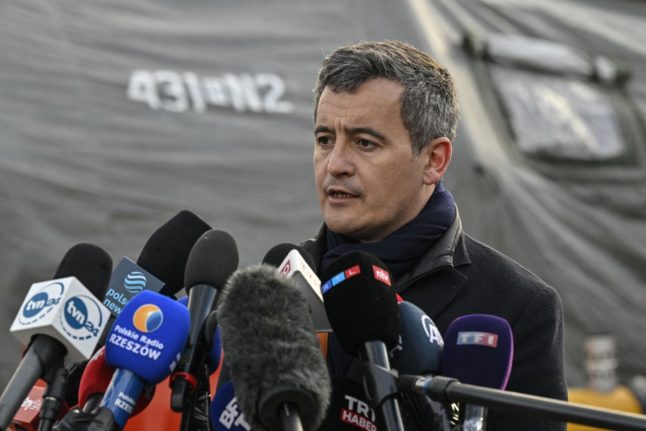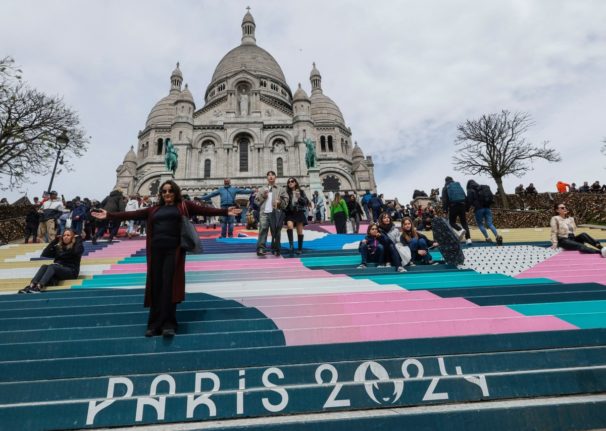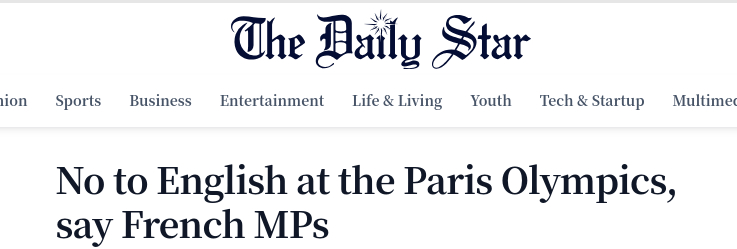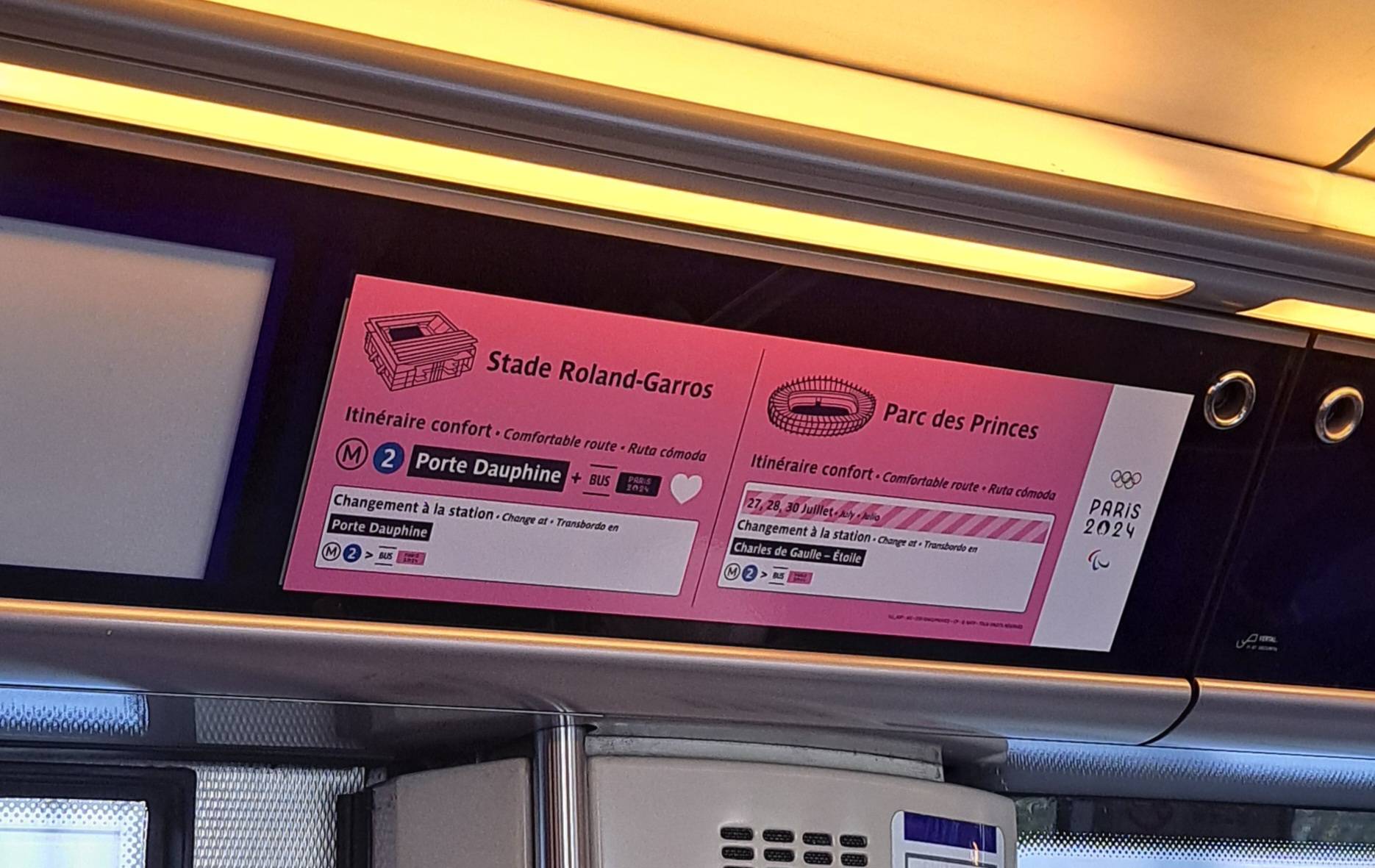“We are ready to go as far as autonomy. There you go, the word has been said,” Darmanin told regional newspaper Corse Matin.
But he added that “there can be no dialogue while violence is going on. A return to calm is an indispensable condition.”
As France heads into a presidential election next month, violent demonstrations have broken out in Corsica following a savage prison attack on Yvan Colonna, one of a group who assassinated Paris’ top official on the island in 1998.
Prosecutors said some 102 people were injured on Sunday alone, 77 of them police officers, during clashes in Corsica’s second-largest city Bastia.
Corsican nationalists have blamed the French state for the attack on Colonna, regarded by many as a hero of the independence cause.
But Darmanin said the convicted killer had been attacked by a jihadist fellow inmate over “blasphemy” in “a clearly terrorist” act.
“This talk of a crime by the state is excessive, not to say intolerable,” he told Corse Matin.
Nevertheless, the government has already tried to soothe nationalist anger by removing an “especially notable prisoner” status from Colonna and two of his accomplices.
That could allow for their transfer to a prison on Corsica rather than the French mainland, a key nationalist demand for all prisoners they see as “political”.
Darmanin is set to meet elected officials in Corsican capital Ajaccio on Wednesday, including the pro-autonomy president of the regional council, Gilles Simeoni, who expressed hopes for “a real political solution”.
Autonomist and nationalist Corsicans are frustrated that a reform of the island’s status has been on ice since 2018.
“The government’s poor management of the Corsican question has created the extremely tense situation in which we find ourselves,” said Marie-Antoinette Maupertuis, the nationalist president of the regional parliament.
Darmanin will later visit a gendarmes unit in port town Porto-Vecchio, which came under attack by demonstrators Friday.
During the minister’s visit, “we imagine that things will get lively, but we don’t have a clear idea yet,” one police source told AFP.
So far just one demonstration has been planned for outside a local police station.
But France has deployed an additional unit of 60 special riot police to the island as a precaution, the source added.





 Please whitelist us to continue reading.
Please whitelist us to continue reading.
Member comments